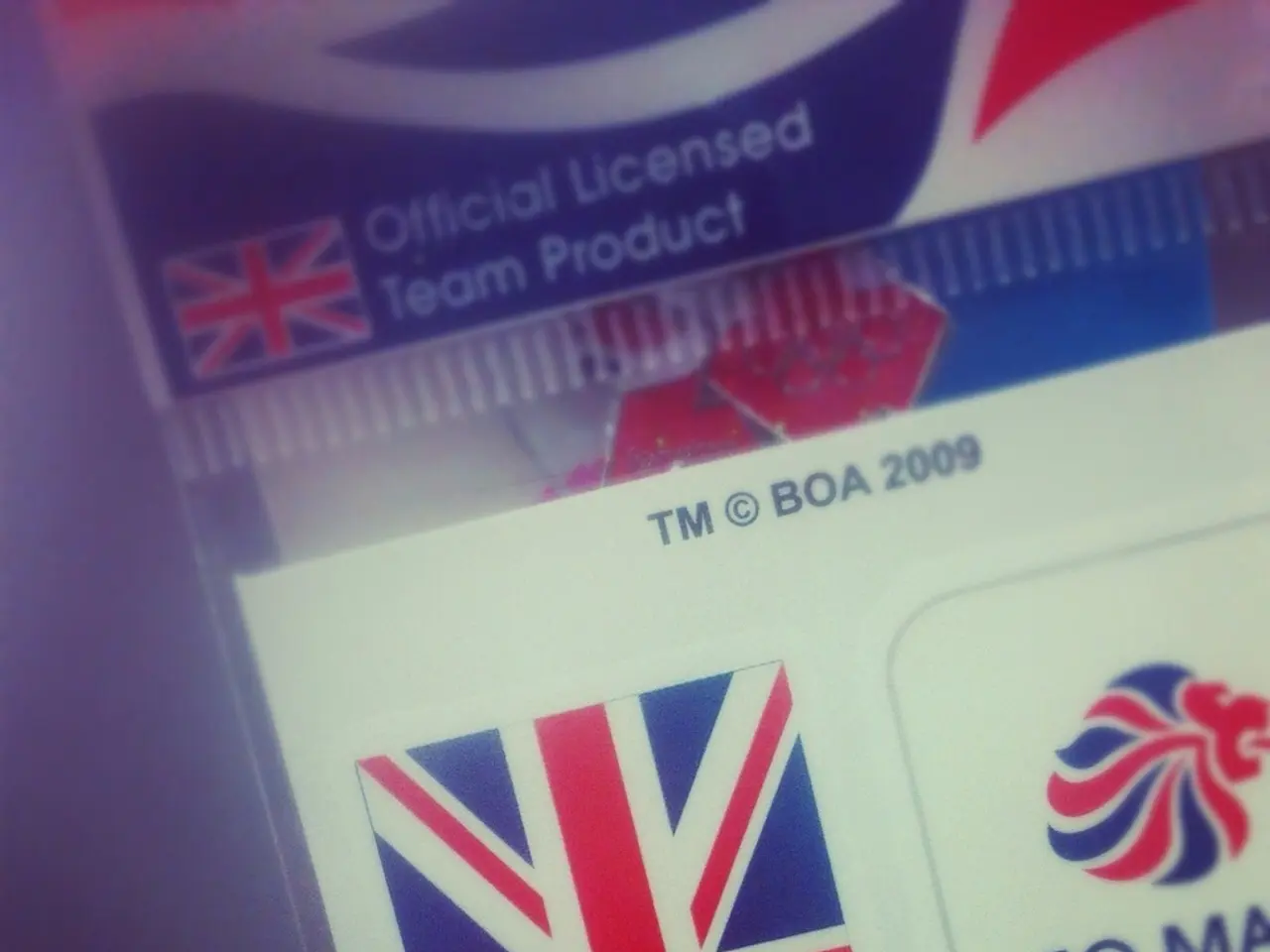Offshore Mining Sparks International Clash
Thirty-three States advocate for a "cautious halt" in deep-sea mining activities. - Thirty-three states advocate for a "cautious halt" in underwater mining activities.
Adventurers and capitalists covet the untapped riches of the deep sea, but the unsuspecting habitat of rare species and the indispensable carbon sink of our planet could be at stake.
In a move that has blown the powder keg on the ocean floor, 33 states, a motley bunch from Europe, Americas, and the Pacific, rouse alarm bells by advocating a "pause for caution" regarding deep-sea mining. The call comes amid the United Nations Ocean Conference in Nice.
While the minerals docked beneath the unfathomable depths outside national waters are considered the common property of mankind by the ordinance, the signing states accuse the USA of potentially breaching international law by permitting the excavation of valuable minerals like nickel and cobalt located in their waters.
The US President, Donald Trump, had taken to penning a decree back in April to reap the billions of tons of invaluable minerals for the American economy. Planet Earth, beware! This untamed avarice seeks to fuel technological advances and bolster the nation's coffers.
The deep sea contains treasures untold and mysteries unseen, teeming with exotic species that haven't graced the eye of man yet. The signatories to the declaration contend that disturbing the deep-sea ecosystem could catapult numerous species to the brink of extinction, leaving gaps in the food chain. Moreover, potential toxic heavy metals might jockey their way into our food chain, posing grave health implications.
While France preaches a total ban on deep-sea mining, a more careful stance comes from Germany's Federal Environment Minister Carsten Schneider, who endorses a cautious standby in the light of escalating pressures to mine these precious resources. Acknowledging the intensifying appetite for resources in the global deep sea, Schneider underscores the need for stringent environmental regulations to be negotiated in the upcoming 'Mining Code'.
Greedy hands have been itching to scoop up the mineral riches from the abyss for years. Natural resources like copper, iron, and rare earths abound in the form of manganese nodules. Alas! The international community is yet to establish any set rules regarding their potential extraction.
- Deep Sea
- Europe
- America
- Pacific
- Nice
- Germany
- USA
- Climate Change
- Biodiversity
- Health Risks
Enrichment Data:
Overall:
A Comprehensive Guide to Deep-Sea Mining Regulations
Deep-sea mining in areas beyond national jurisdiction is governed by the United Nations Convention on the Law of the Sea (UNCLOS), which designates these areas the "Area" and relabels deep-sea mineral resources as the common heritage of humankind. The International Seabed Authority (ISA), established under UNCLOS, is the sole entity with the mandate to regulate mining activities in these regions[1][3][5].
Present Rules and Regulations
- UNCLOS: UNCLOS provides the basis for global maritime rights, incorporating deep-sea mining regulations. It insists on managing resources from the "Area" for collective human benefits[3].
- ISA Regulations: ISA impels all deep-sea mining activities in the "Area" to be executed under a contract with ISA, in adherence to its rules, and with necessary permits[5].
Proposed Regulations and Stances
- Precautionary Approach: Over three dozen states, hailing from Europe, the Americas, and the Pacific, advocate for a precautionary stance on deep-sea mining due to ecological concerns and the necessity of additional scientific research[1].
- U.S. Neutralization: The USA, though it has not ratified UNCLOS, has legislation such as the Deep Seabed Hard Mineral Resources Act (DSHMRA). Recent U.S. executive orders seem determined to drive deep-sea mining, but their compliance with international law is open to debate[2][4].
Obstacles and Controversies
- Legal Obstacles: The United States and non-signatory countries could face legal hurdles in sanctioning deep-sea mining outside the ISA jurisdiction[3][4].
- Environmental Perils: Researchers warn of potential devastating environmental consequences like reduced biodiversity and irreversible ecosystem damage, sparking calls for stricter regulations[3][4].
- The ongoing debate over deep-sea mining is centered around the United Nations Convention on the Law of the Sea (UNCLOS), which governs areas beyond national jurisdiction and considers deep-sea mineral resources as the common heritage of humankind.
- The International Seabed Authority (ISA), established under UNCLOS, is tasked with regulating mining activities in these regions.
- currently advocating for a precautionary approach due to ecological concerns and the need for additional scientific research – claim that the USA, though yet to ratify UNCLOS, could face legal obstacles in sanctioning deep-sea mining outside the ISA jurisdiction.








